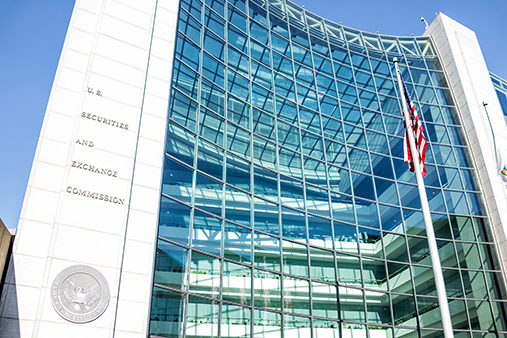A package of bills passed by the Michigan Legislature and presented to Governor Snyder on June 13, 2014 to be signed into law, allows for a number of industrial by-products to be beneficially reused. Various amendments to Michigan’s Natural Resources and Environmental Protection Act (NREPA) facilitate the beneficial reuses for the byproducts by excluding them from the definition of “solid waste” and exempting these materials from water resources permitting and contaminated property remediation requirements.
The effect of this legislation is the reduction of landfill disposal of these low hazard materials and the facilitation of their beneficial reuse. Beneficial use by-products include various low hazardous materials such as coal ash; pulp and paper mill residuals; cement kiln dust; foundry sand and stamp sands; construction debris and excavated soils/sediments; drinking water treatment sludge; and other materials and uses approved by Michigan DEQ. Subject to various limitations, beneficial use by-products may be used for fertilizers and soil conditioners; building materials using incinerator or fly ash; construction fill for non-residential properties; road base and soil stabilizers; and waste treatment neutralization or solidification.
There are various conditions on where and how these beneficial use byproducts may be used to minimize possible surface water and groundwater impacts, as well as other public health and safety considerations. Some of these uses are limited to “non-residential property,” which is a newly defined term under Part 115 of NREPA, the solid waste portion of the statute. The use and definition of this term may also have broader implications for applicability of environmental remediation criteria under NREPA Part 201.
This beneficial use legislation has been in the works for years. Enactment of this Michigan legislation does not of course affect potential U.S. EPA regulation of these materials, although possible Federal interest is probably remote under these MDEQ reuse conditions. If you generate a low hazard byproduct or are interested in incorporating such materials into your activities in Michigan, this new legislative enactment needs to be carefully reviewed for applicability and limitations.
For more information, contact the Barnes & Thornburg environmental attorney with whom you normally work or one of the following attorneys in the firm’s Environmental Law Department: Charles Denton at charles.denton@btlaw.com or 616-742-3974; or Tammy Helminski at tammy.helminski@btlaw.com
You can also visit us online at www.btlaw.com.
©2014 Barnes & Thornburg LLP. All Rights Reserved. This page, and all information on it, is proprietary and the property of Barnes & Thornburg LLP. It may not be reproduced, in any form, without the express written consent of Barnes & Thornburg LLP.
This Barnes & Thornburg LLP publication should not be construed as legal advice or legal opinion on any specific facts or circumstances. The contents are intended for general informational purposes only, and you are urged to consult your own lawyer on any specific legal questions you may have concerning your situation.
Visit us online at www.btlaw.com and follow us on Twitter @BTLawNews.











/Passle/6488d4630e7e25c9ac9f834a/SearchServiceImages/2024-08-22-21-09-42-814-66c7a9167c25ae3ecd362787.jpg)

/Passle/6488d4630e7e25c9ac9f834a/SearchServiceImages/2024-08-21-16-53-04-583-66c61b702c11c56cda8987a4.jpg)
